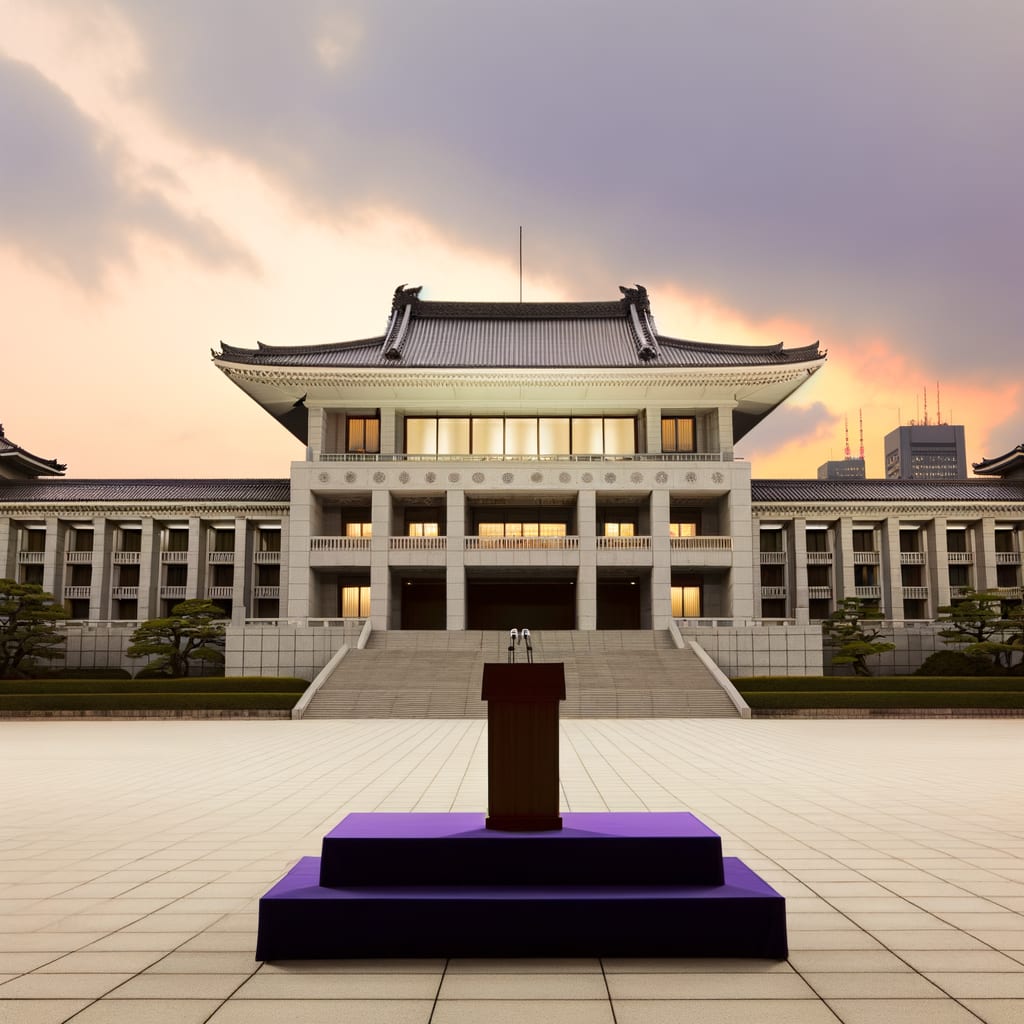Japan's Prime Minister Shigeru Ishiba Resigns Amid Party Disunity and Electoral Defeat
In a surprising turn of events, Japanese Prime Minister Shigeru Ishiba has announced his resignation, a move aimed at preventing a split within his Liberal Democratic Party (LDP). Ishiba's announcement comes in the wake of a disastrous electoral defeat in the upper house elections in July, coupled with mounting pressure from within his party and a rising right-wing political surge.
The Background
Since taking office in October 2024, Ishiba's tenure has been marred by controversy and political strife. His ruling coalition suffered a historic setback in the national elections in July, leading to increased calls from within his party for his resignation. Despite these setbacks, Ishiba continued to resist the pressure, presiding over what some analysts have called a political house of cards
.
The Decision to Resign
Ishiba finally succumbed to the internal party pressure, announcing his resignation to avoid a potential split within the LDP. Mr. Ishiba has made this decision in order to avoid a split within his Liberal Democratic Party,
reported NHK, Japan's public broadcaster. The Asahi Shimbun daily added that he was unable to withstand the mounting calls for his resignation.
The Aftermath of the Resignation
In the wake of Ishiba's resignation, the LDP now faces a leadership race. According to The Hindu, the winner of this race will face a parliamentary vote to secure the position of Prime Minister. However, the party continues to grapple with the fallout from a years-old funding scandal, which may see it go into opposition for just the third time in its history, as reported by The Guardian.
Looking Forward
Ishiba's resignation poses a significant challenge for the LDP and for Japan's economic and political future. The New York Times highlighted the party's struggle with a weakened economy and turbulent trade relations with the United States, issues that will likely persist under the new leadership. The Guardian also noted that the next PM will face problems that won't go away with Shigeru Ishiba's resignation.
As of now, the Prime Minister's Office has not responded to requests for comment. The nation and the world now wait to see how the LDP will navigate this challenging political landscape in the post-Ishiba era.

